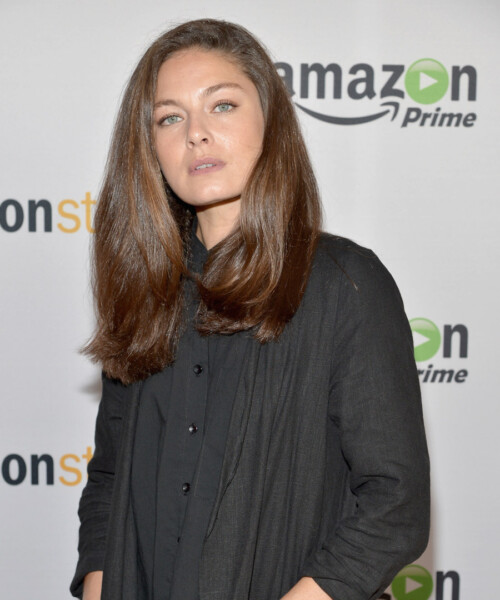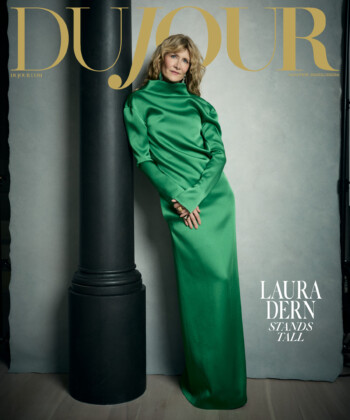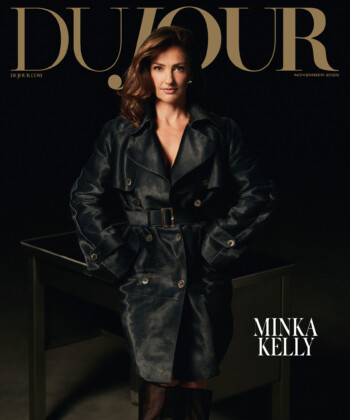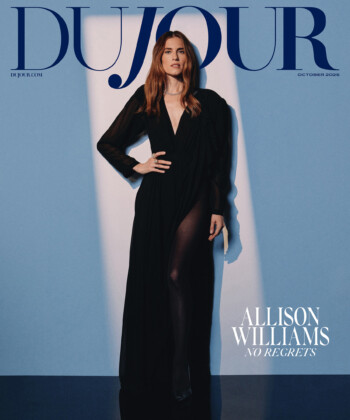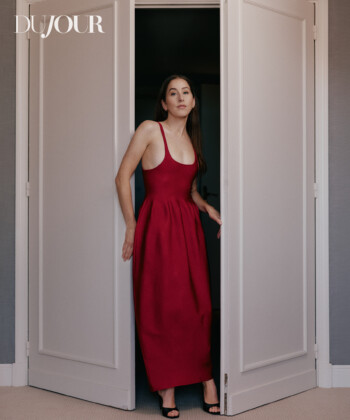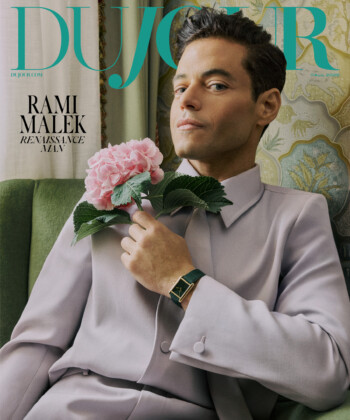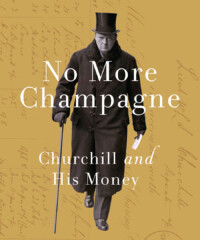It’s no secret that history is written by the victors, but TV shows about history might be an entirely different story. That’s exactly what happens on The Man in the High Castle, a new series from Amazon that charts what could have been if Germany had won World War II and the United States was now an outpost of the Third Reich.
The series focuses on Juliana Crane, an American living quietly under the Nazi regime until a shadowy message from her sister—a resistance fighter—turns her entire world upside down. Here, Mob City alum Alexa Davalos, who plays Crane, discusses what makes the show appealing and why working on it is a job she’ll never forget.
What made you want to work on this show?
I was in England at the time and I had a bunch of scripts. I had decided I wasn’t going to work unless I really loved the project. Of course, this script happened to be at the bottom of the stack. I saw the title and I did a bit of research and I read the script and immediately I was in love. What happens for me is that unless I feel immediately connected to something, I tend to move past it quite quickly—but this spoke to me immediately on a number of levels. So, I threw myself on tape with an iPhone and then I came back to L.A. and got to read [for the part], and then I was on a plane four days later to Seattle.
Why did this script stand out?
I feel I was very much born in the wrong era. So, I sort of loved the concept of time travel and going back and living in different times and being as many different women as possible. And this is a version of the ‘60s that we don’t know, so it’s this beautiful mix of science fiction but also a sort of alternate history. I’ve always been aware of Philip K. Dick, so the marriage of all the components was loud and clear for me.
The show’s funny because it’s about the 1960s, but you’re right, it’s not the 1960s we already know. So it’s time travel, but things feel somehow off.
I have to say that Drew Boughton, who is our production designer and built all of our sets, has a mind like no other. This man is so incredibly gifted. And Audrey Fisher, who is our costume designer, is hands down one of the most extraordinary people I have ever known. We all kind of really worked together, which is very rare. I feel like often actors sort of come into a situation that is very much pre-established. You kind of you know jump into what is there. I was blown away by how collaborative everyone was and this idea that because they are living in this oppressed world that they would be a little bit behind. The 1960s we know is wild and free, and that kind of concept is obviously not a part of our existence.
Did leaving that all behind to come back to 2015 feel strange?
I’m very nostalgic. So, I kind of sort of see it as a bit of a hangover when I wrap something—kind of like it’s still with me. The idea that we might be able to go back and do it again keeps it fresh and keeps it part of my every day. Still, it is hard to go back to reality, of course.
The character you play finds herself unexpectedly part of the resistance against the Nazis. What else does this season have in store for her?
I feel like, in a lot of ways, we are only touching the surface of her in this first season. At this stage, she is a woman who is sort of living in this society and sort of trying to keep her head down and trying to do the right thing. And then, this thing falls into her lap and it changes everything. It changes everything within her, but also that has a domino effect and does affect everyone around her. Through the season, she undergoes a lot of change, but mainly I feel she has an incredible tenacity. She’s very curious and she’s very mischievous; she’s hungry for more. It’s sort of a wild ride, this show, and I’m very curious about how people will receive it.


























